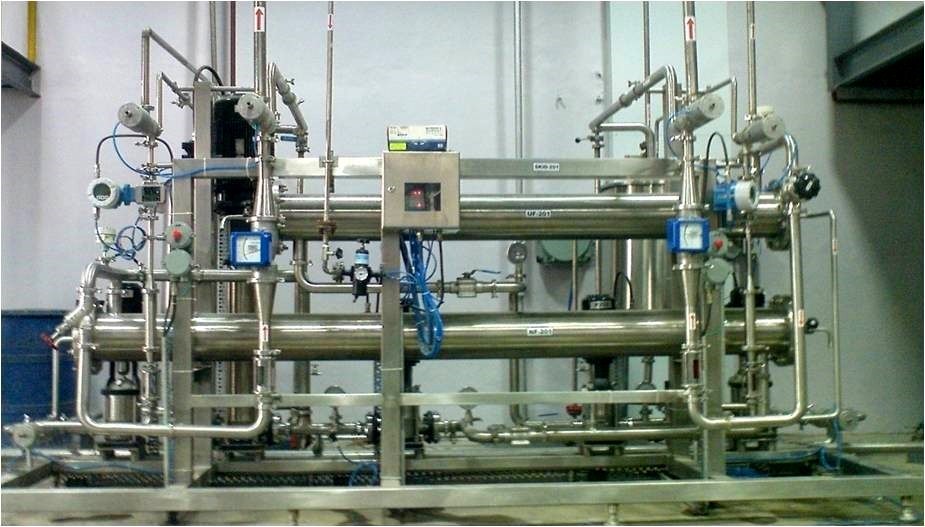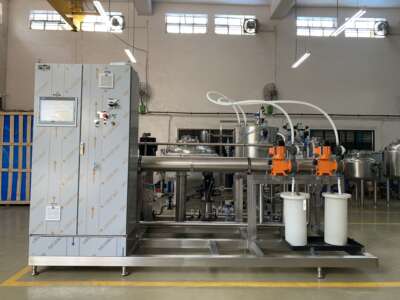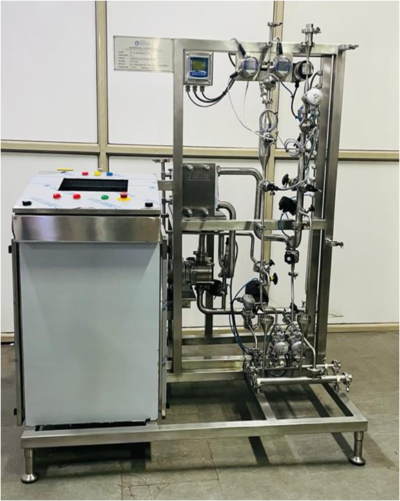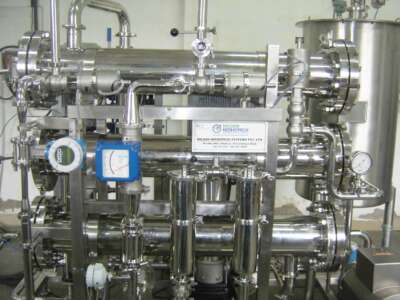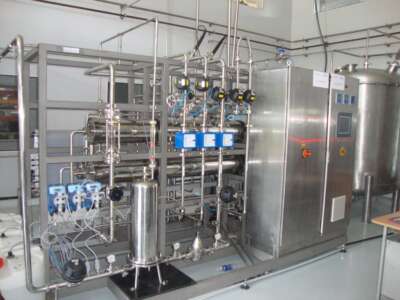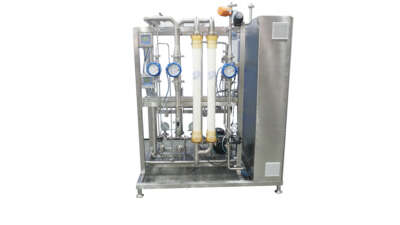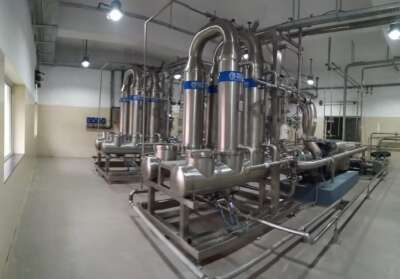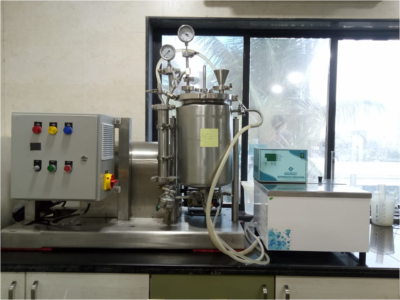Description
Features
- Customized membrane systems engineered to specifications
- Quick delivery and installation
- Available in both organic and ceramic materials for construction
Applications
- Bioprocessing: Separation and concentration of biologically active components
- Depyrogenation
- Milk/whey protein concentration
- Ultrafiltration of milk
FAQs
1. What are Membrane Systems?
Membrane systems are widely used for the separation of elements in various industrial processes. These systems rely on the use of semi-permeable membranes that selectively allow certain components to pass through while restricting the passage of others based on their size, shape, or other properties. Membrane separation processes are commonly employed in applications such as water purification, gas separation, and the concentration of specific substances.
2. What are common membrane separation processes?
Common membrane system processes include Reverse Osmosis System (RO) for water purification, Ultrafiltration System (UF) for separating macromolecules, Microfiltration System (MF) for removing particles, and Nanofiltration System (NF) for targeted ion separation. These processes offer energy-efficient, versatile solutions across industries, enhancing separation, concentration, and purification.
3. What are the applications of Membrane Systems in everyday life?
Membrane applications in everyday life include water purification using the Reverse Osmosis System, separation of impurities in home water filters, and the use of membranes in food packaging to extend shelf life.
4. What are the applications of Membrane System Technology in pharmaceutical industries?
In the pharmaceutical industry, Membrane Systems, such as Ultrafiltration Systems and Nanofiltration Systems, are crucial for purifying and concentrating biomolecules. These technologies aid in drug formulation, bioprocessing, and ensuring the quality and safety of pharmaceutical products.
Read more ….

